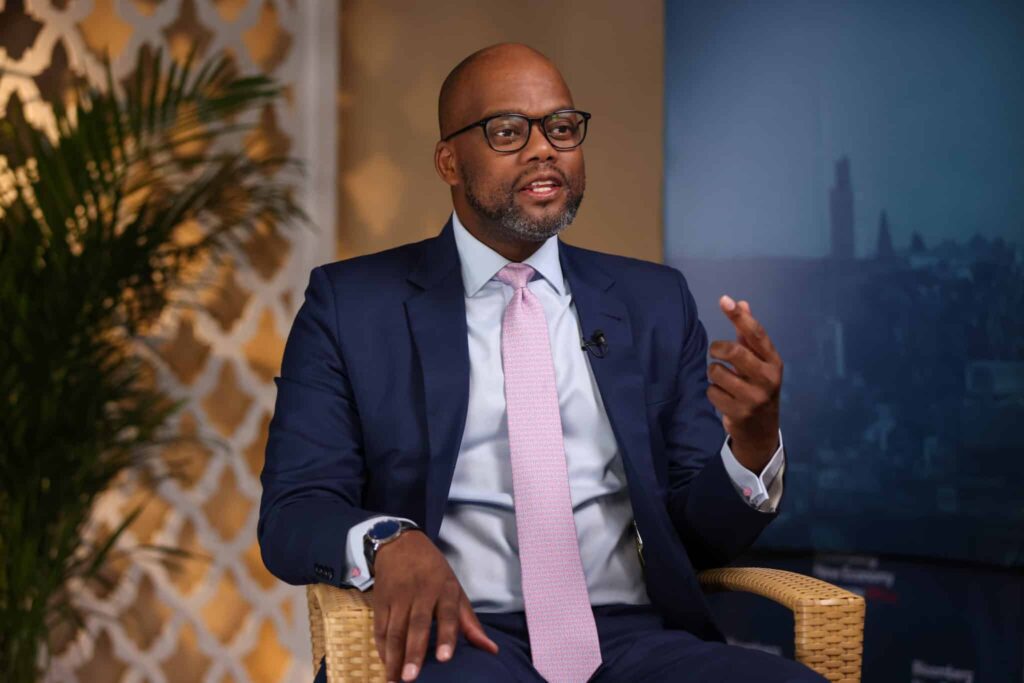AfCFTA Secretary General Expresses Concern Over South Africa’s Absence from Key African Payment System
Wamkele Mene, the Secretary General of the African Continental Free Trade Area (AfCFTA), has voiced disappointment over South Africa’s decision not to ratify the Pan-African Payment and Settlement System (PAPSS), a key financial mechanism designed to reduce trade costs and boost economic integration across Africa.
As Africa’s largest economy, South Africa’s participation is seen as crucial to the success of the system, which has already been adopted by 115 commercial banks and 15 central banks across the continent.
PAPSS, launched in collaboration with the African Union, allows companies to conduct transactions in any of Africa’s 42 currencies without needing a third-party currency, such as the U.S. dollar, potentially saving the continent up to $5 billion annually.
Despite the clear economic benefits, Mene expressed surprise that more African countries, including South Africa, have yet to adopt the system.
“I regret that South Africa has not yet adopted the Pan-African Payment and Settlement System because I think it is a political economy question,” Mene told CNBC Africa. He emphasized that South Africa, with over 80% of Africa’s manufactured goods trade, stands to gain the most from reduced transaction costs and increased intra-African trade.
The Africa Export-Import Bank (Afreximbank) estimates that more than 80% of intra-African payments currently go through Europe or the United States, a vestige of the continent’s colonial history. PAPSS aims to break this reliance, giving Africa greater autonomy over its trade relations.
Mene highlighted the cost efficiency of PAPSS, explaining that while a $500 transaction would incur just $2 in fees on the system, the same transaction through SWIFT could cost as much as $70.
Additionally, PAPSS transactions are instantaneous due to its digital platform, offering a significant advantage over traditional methods.
The African Continental Free Trade Agreement, launched in January 2021, is the world’s youngest and largest trading bloc, aiming to create a common market with a combined GDP of $3.4 trillion, projected to grow to $16.5 trillion by 2035, according to the World Bank. The agreement has been ratified by 48 of Africa’s 54 territories, with Eritrea expected to join soon.
Mene urged African leaders to shift their mindset towards self-reliance and trust in the continent’s institutions. “We have to make that mental shift of not only believing in ourselves as Africans, but also believing in the institutions and the mechanisms that we have introduced,” he said.
Afreximbank anticipates that most of Africa’s central banks will join PAPSS by next year, a crucial step towards increasing intra-African trade, which currently sits at just 20%, the lowest among global trading blocs.
Mene also stressed the broader implications of PAPSS, arguing that it is not just about reducing trade deficits but also about securing the continent’s economic sovereignty.
“If today you upset somebody in Washington or London, you will be kicked out of SWIFT and you will not be able to transact with the rest of the world. So it is not just about easing payments; it is also about the political sovereignty of Africa,” he said.
Source: CNBC AFRICA



